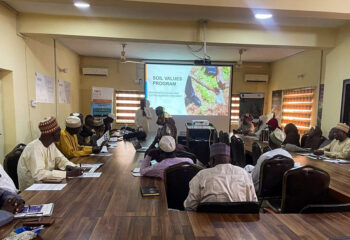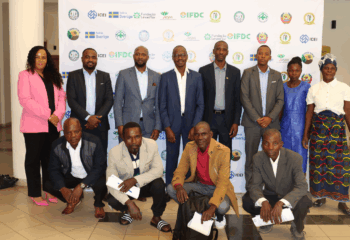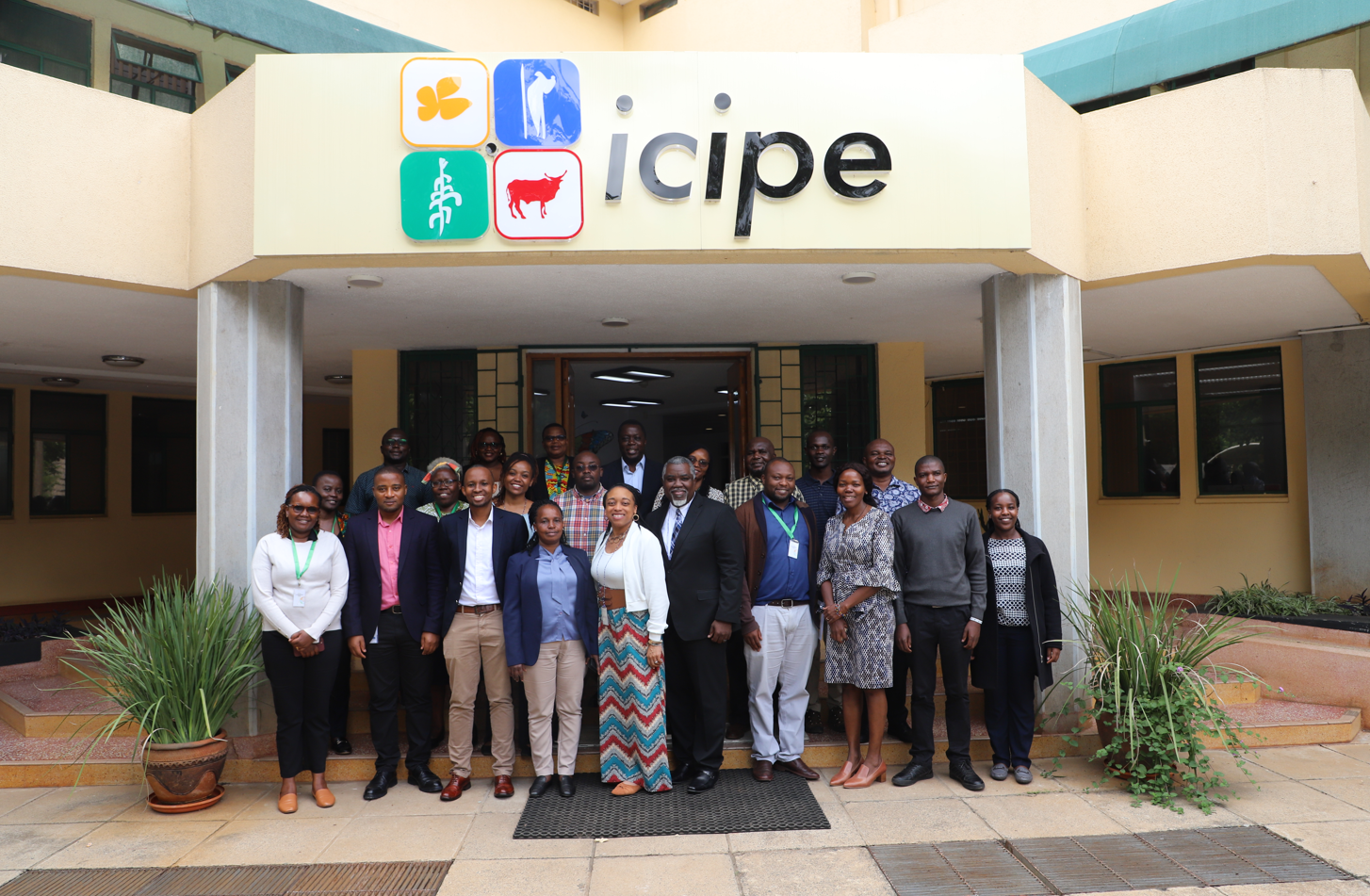IFDC’s Africa Committee is meeting in Morocco to discuss our progress and future work in sub-Saharan Africa. So let’s talk about Africa and its potential. The biggest trend in African news recently is that of Nigeria’s renewed commitment to agriculture and the benefits of such a move for that nation’s economy. Recently Akinwumi Adesina, Nigeria’s Minister of Agriculture, said, “In Nigeria, we’re making agriculture the new oil.” For the #ag world, that statement was big news, a breath of fresh air for oil-dependent nations – but I have to kindly disagree. Agriculture is not the new oil for Africa. Agriculture was, is and probably always will be the foundation for a healthy economy. Nigeria is, of course, boldly leading the way in showing the rest of SSA that agriculture can be an economy’s stability. In Nigeria last year, 4.5 million farmers took advantage of a subsidy plan that gave them access to fertilizers. In addition, six new fertilizer plants are being built to help sustain the increased demand. But behind all the buzz about Nigeria, there is promising news for prosperity in the rest of SSA. According to Rhoda Peace Tumusiime, member of IFDC’s board of directors and African Union commissioner for Agriculture and Rural Economy: “Effective agricultural policies, public-private partnerships, new fertilizer technologies – all have reversed decades of declining per capita food production on the continent. In fact, GDP in sub-Saharan Africa has grown by 5 percent to 6 percent a year. A foundational part of this growth has been the surpassing of the CAADP framework goals by 13 African nations. These nations are now dedicating 10 percent or more of their annual budget to agriculture.” In addition, many countries are making great strides toward the goals set forth in the Abuja Declaration on Fertilizer. Most estimates indicate that fertilizer consumption in SSA will increase tenfold by 2050 (from 5 million to 50 million metric tons of fertilizer). Currently we see the start of what is expected to become an exponential increase in fertilizer consumption. Are there still issues in Africa? Yes. Fertilizer use is still low in many nations (though Nigeria’s example could turn this around). Among other problems, childhood – and adult – malnutrition and poverty still plague millions in SSA. But there is good news. Sub-Saharan Africa has an amazing amount of potential for prosperity, which former Nigerian president Olusegun Obasanjo pointed out in a recent article in Forbes: “Sub-Saharan Africa will always have its fertile land, its rivers, its youthful workforce and its huge domestic market. Investing now can turn that potential into prosperity.” Stay tuned to #ifdcAfrica2014 for live-tweeting from our Africa Committee Meeting on May 19-21. Follow us on Twitter @IFDCNews. We’re also on Instagram, Google+, Tumblr and Pinterest!
We use cookies to offer you a better experience and analyze site traffic. By continuing to use this website, you consent to the use of cookies.



